Julia Burton-Jones, training and development lead for Anna Chaplaincy for Older People, reflects on learning in later life, in the second of our articles on lifelong learning.
7 May 2023
Curiosity is key
‘Really I am a frustrated academic’, said Dorie, after being commissioned Anna Friend to the Rural North West Kent Group of Churches last month. She spoke proudly during the service of being the same age as the prophet Anna from whom her role is named. She is disappointed she cannot attend all the upcoming Anna Chaplaincy training sessions, in part due to her disabilities. She has a thirst for learning and, as a retired optometrist, she loves to read weighty tomes on both maths and theology.
On a more serious note, she spoke during her commissioning of accompanying older Christians in the hours before they died and the great privilege of being alongside as they prepared to meet Jesus. ‘You can learn so much from people who are close to death,’ she reflected.
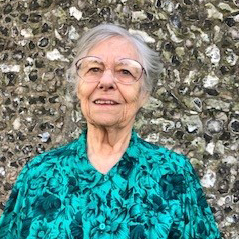
‘Dorie has a thirst for learning and, as a retired optometrist, she loves to read weighty tomes on both maths and theology.’
I can see that Dorie’s desire to continue growing and discovering more about the world stems from fostering a sense of curiosity. She is eager to find out about the lives of the residents in the care home she has faithfully visited on behalf of the parish for many years and talks about the mutual enrichment of these conversations.
For Dorie, lifelong learning goes beyond the academic books in which she so delights, it also encompasses the connections she makes with people.
A journey of discovery
In Anna Chaplaincy we fervently believe that each older person we meet provides us with an opportunity to discover something new about life, not least because the years often bring a wisdom that has no textbook.
When I first began working in the field of ageing as a young graduate in the late 1980s, I was influenced by The View in Winter by Ronald Blythe (1979). Blythe died on 14 January at the grand age of 101. As we read in his obituary in The Guardian, Blythe believed that the old people he studied for The View in Winter were those able to preserve their ‘spiritual vitality, a vividness, an imaginative sort of energy’.
‘Each older person we meet provides us with an opportunity to discover something new about life, not least because the years often bring a wisdom that has no textbook.’
Living well in advanced old age seems to imply an openness to the world and to learning something new every day.
U3A (University of the Third Age) is an amazing organisation that enables later life learning, and has a fitting strapline – learn, laugh, live. There are groups covering the UK and annual membership is a modest £12. In my local area, there are over 30 groups under the categories of ‘arts’, ‘educational’ and ‘pursuits’: reading poetry for pleasure; Italian for beginners; genealogy; wine appreciation; pétanque; current affairs. Many groups meet in members’ homes.
Obstacles to learning
The path to learning in later life has obstacles for older people, though.
For some, school was a negative experience where they were discouraged, and their self-confidence eroded. Disability in later life can also make it difficult to engage in learning, particularly where adjustments are not made to public spaces to allow participation for those with mobility issues or sensory loss.
For others, cost is an issue, paying for books and subscriptions or for transport to an educational venue.
Digital exclusion is a factor too. Unsurprisingly, the majority of internet non-users in the UK are over the age of 65 – 76% of those with zero basic digital skills are in this age group.
This means that older people are missing out on one of the richest sources of learning. The Covid-19 pandemic eroded confidence for many older people, who have been reluctant to return to social settings such as educational groups.
In the first article in this series, Valerie Hobbs writes about our culture valuing learning in terms of its impact and how it changes the world. She explains how this extends into ‘capitalist religion’, which teaches us to think of activity in terms of its kingdom usefulness.
If we take this utilitarian view of learning, where do older learners find a place? How is helping them acquire skills and knowledge ‘useful’ to society? When you retire from the world of paid work, does your need for new learning evaporate?
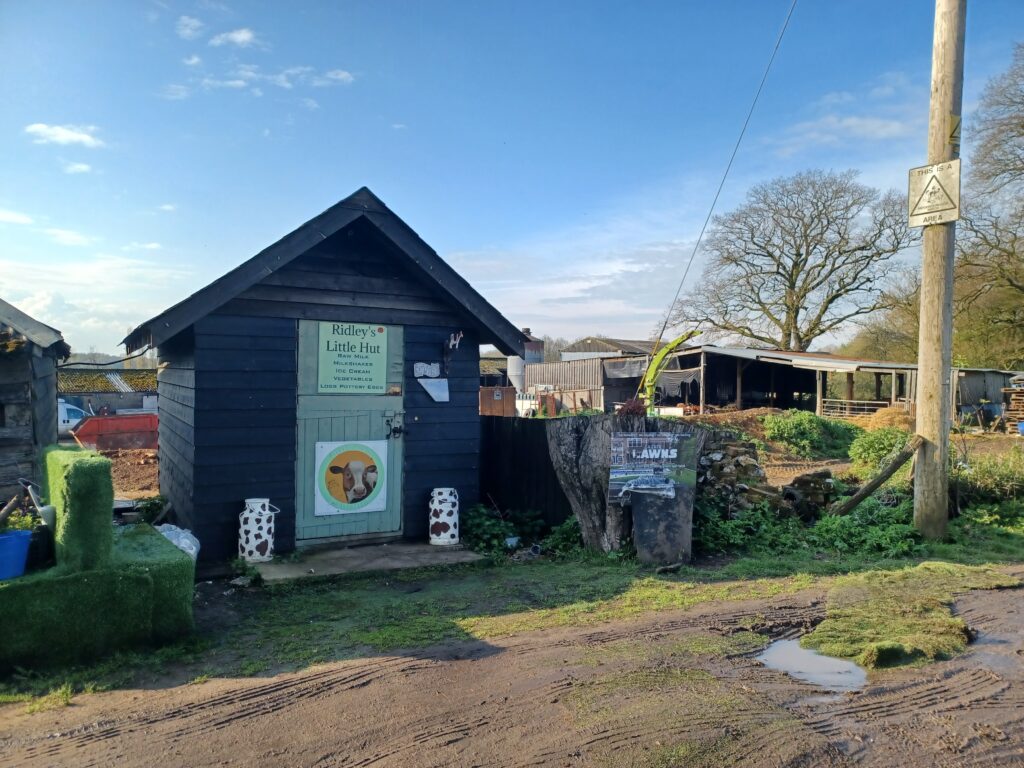
Above: A corner of Dorie’s patch in rural Kent.
‘If we take a utilitarian view of learning, where do older learners find a place? When you retire from the world of paid work, does your need for new learning evaporate?’
Shining a light
My quest for a more balanced society, where ageism is reduced and older people valued, is as relevant now as when I began my working life.
My Nottingham University masters in adult and continuing education was based on the belief of liberation theologian Paulo Freire that education has the potential to liberate those who live disempowered lives. My dissertation focused on learning in later life. Freire’s ideas, developed in Brazil in the 1960s, show how education could be used to raise the consciousness of marginalised people (see The Pedagogy of the Oppressed, published in 1968).
In Anna Chaplaincy training we seek to shine a light on the marginalisation of older people in church and society, and many of our learners are themselves older people.
Learning in later life enriches and transforms life. Living with curiosity is a key to living well in our later years, and learning illumines our existence and helps us to understand better the world around us.
I close with a story of an older person for whom a love of learning led to academic study. In 2021, at the age of 81, Anna Chaplain Wendy Gleadle was awarded a first in her BA (Hons) theology degree, for which her dissertation was entitled ‘The church and changing attitudes to dementia’.
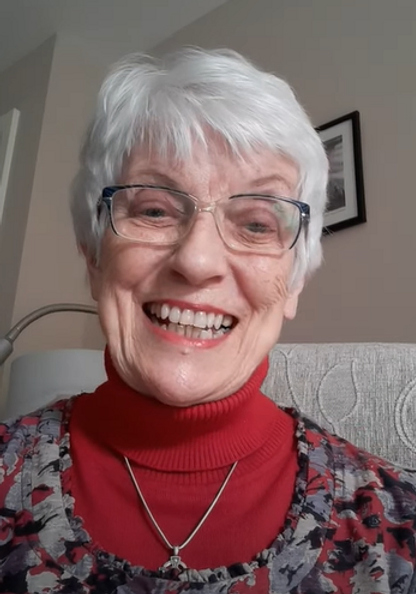
‘In 2021, at the age of 81, Anna Chaplain Wendy Gleadle was awarded a first in her theology degree.’
I could list many others contributing to the development of ideas about ageing, dementia and spirituality in their own later years. Learning in all its forms is open to people of every age and allows us to express our God-given creativity and curiosity.
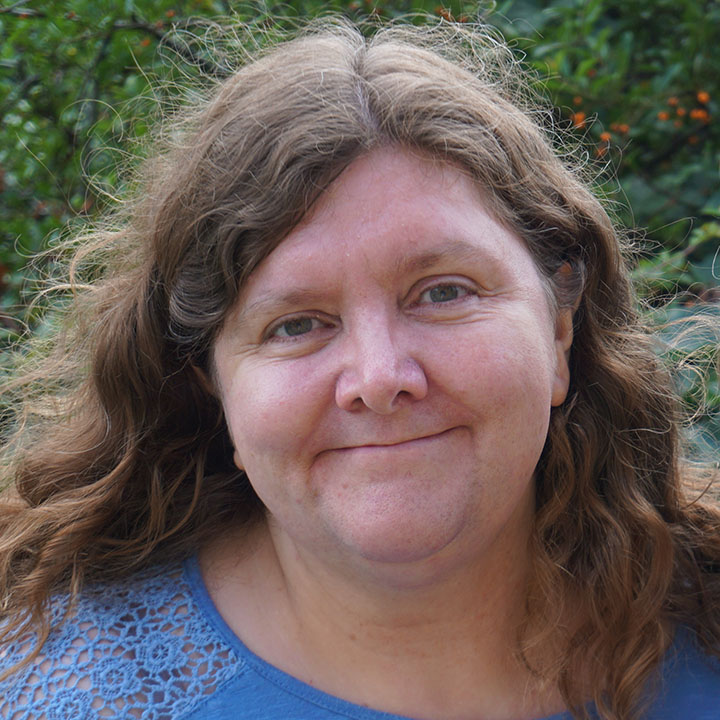
Julia Burton-Jones joined BRF in May 2020. Since 2015 she has pioneered Anna Chaplaincy in Kent and South-East London. With a background in adult learning in ageing and dementia, her role as training and development lead includes writing and delivering courses for those exploring being an Anna Chaplain or Anna Friend, and ongoing ministerial education for the growing Anna Chaplaincy network.
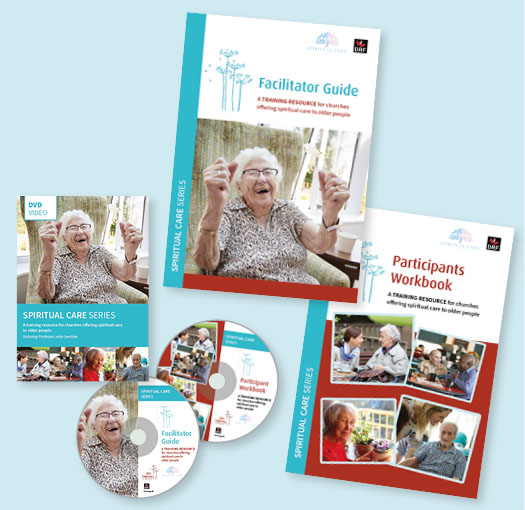
Spiritual Care Series
Julia is currently facilitating our first national Spiritual Care Series course.
The Spiritual Care Series is a ground-breaking training course to help churches seeking to develop its ministry to older people. Based on eight two-and-a-half-hour sessions, including video and discussion, it can be run in person or online.
Applications are invited for our online summer course, beginning with an introduction on 31 May and continuing for eight Mondays from 5 June. Please contact spiritualcareseries@brf.org.uk if you are interested to join, or hear more.
